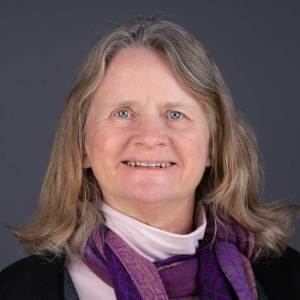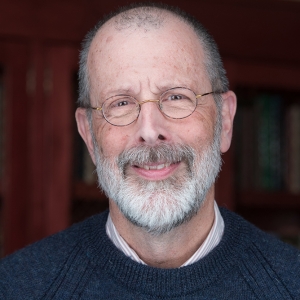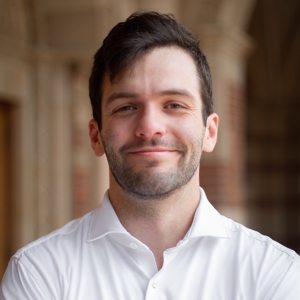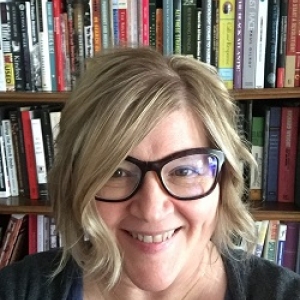The third NSF-funded SUITED Workshop, held at Union on Nov. 1 and 2, is featured as the most recent "Hub Story" post by the New York NSF I-Corps Hub. Ann M. Anderson, Agnes S. MacDonald Professor of Mechanical Engineering, is quoted in the article.
Jordan Smith, Edward E. Hale Jr., Professor of English, had a new poem, "After Wei Yung-wu," published in Nine Mile Magazine in November. You can read the poem online.
James McKee, assistant professor of physics and astronomy, collaborated on the article "The NANOGrav 15 yr Data Set: Evidence for a Gravitational-wave Background," which was recently awarded a 2024 Top Cited Paper Award from IOP Publishing.
Catherine Walker, associate professor of psychology, and Fatima Nasir ('26) have authored a guide for parents and educators on how to speak to and act around children so that they can grow up with a good relationship to food and their bodies. It was published in the Mental Health Association of NY State's Healthy Young Minds newletter.
Cameron S. Kay, visiting assistant professor in psychology, recently published multiple papers including "Rating heroes, antiheroes, and villains: Machiavellianism, grandiose narcissism, psychopathy, and sadism predict admiration for and perceived similarity to morally questionable characters" in Psychology of Popular Media, and "Affect mediates culture’s effects on COVID-19 risk perceptions, behavioral intentions, and policy support among Americans." Cameron S. Kay also presented "A demonstration of why you can’t trust data collected on MTurk" at the annual meeting of the Psychonomic Society in New York, NY.
Lori Marso, Doris Zemurray Stone Professor of Modern Literary and Historical Studies, has published "Feminism and the Cinema of Experience" with Duke University Press. Marso started a "Women in the Movies" film series when she arrived at Union which eventually became a Feminist Film course that she has been teaching for 15 years. In the book's introduction, Marso shares her impressions of conversations about film with Union students as she develops her argument that camerawork, sound, editing and new forms of narrative provoke discomfort in viewers. These techniques and the affective responses they can ignite (ambivalence, cringe, stasis, horror) invite viewers to feel like feminists. The book is described by film scholar Rosalind Galt as "exciting, original and beautifully argued."
Submit your news to chronicle@union.edu





